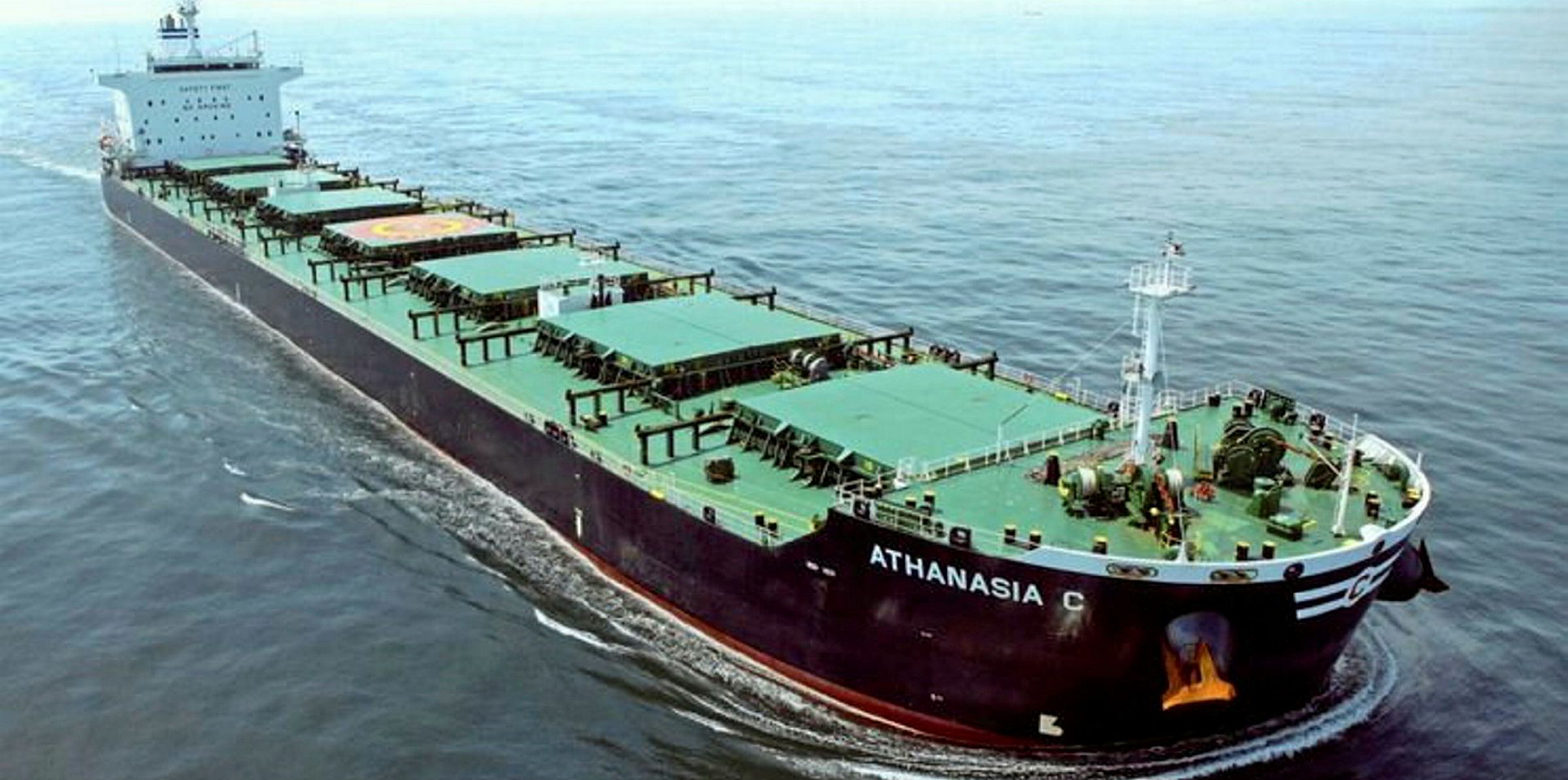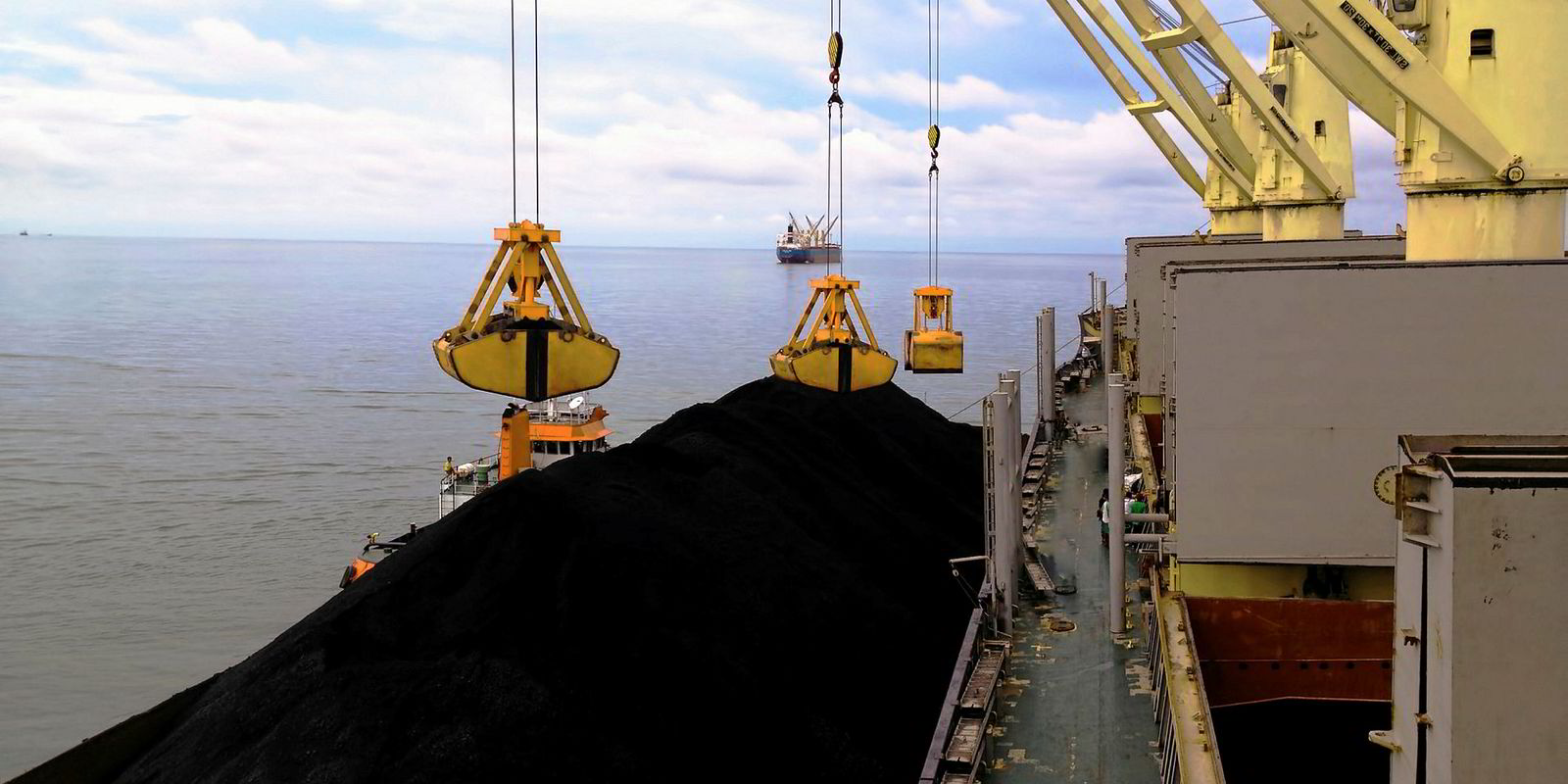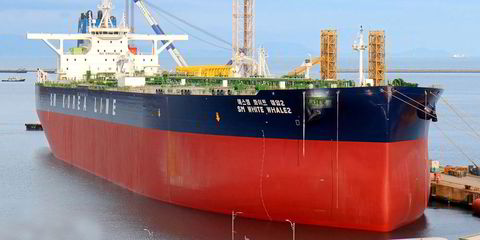The US is hoping that ports in Canada and Mexico could help it to export coal to Asia, to get around the blocking of shipments by some US coastal states.
California, Washington and Oregon are reported to have “blocked permits for coal ports” on concerns about coal's impact on climate change.
US Energy Secretary Dan Brouillette said on Friday that such exports could be facilitated by the new North American trade agreement, the United States-Mexico-Canada Agreement (USMCA), Reuters reported.
“That’s why the USMCA was so important,” Brouillette said at an Atlantic Council event in Washington, according to the newswire.
“We hope to work more collaboratively with both Mexico and Canada to find export facilities to get the coal from Wyoming,” and other states to Asia and other global markets.
Brouillette met with Jason Kenney, the conservative premier of the Western Canadian province of Alberta, last week to discuss such issues.
“We had a very wide ranging and extensive conversation about that very topic. I think there is a lot of interest in doing this on the part of the Canadians,” he said.
The West Coast Canadian province of British Columbia already exports some US coal through facilities such as Westshore Terminals.
Reports said that if there was an agreement between Washington and Ottawa to boost shipments, the coal would likely be sent through Alberta to a port in British Columbia.
US coal exports had their second best year ever in 2018 with buyers in Asia helping to boost bulker tonne mile demand.
An estimated 105mt of coal left US shores, a year-on-year increase of 19.3%. It was the second highest annual total ever, only exceeded by the 114.2mt exported in 2012, according to Banchero Costa.
The US exported 55.8mt of coking coal, up 11.3% year-on-year, whilst thermal coal shipments were up almost 30% to 49.1mt.






